What The Devil Next Door DOESN'T tell you actually makes the story more extraordinary
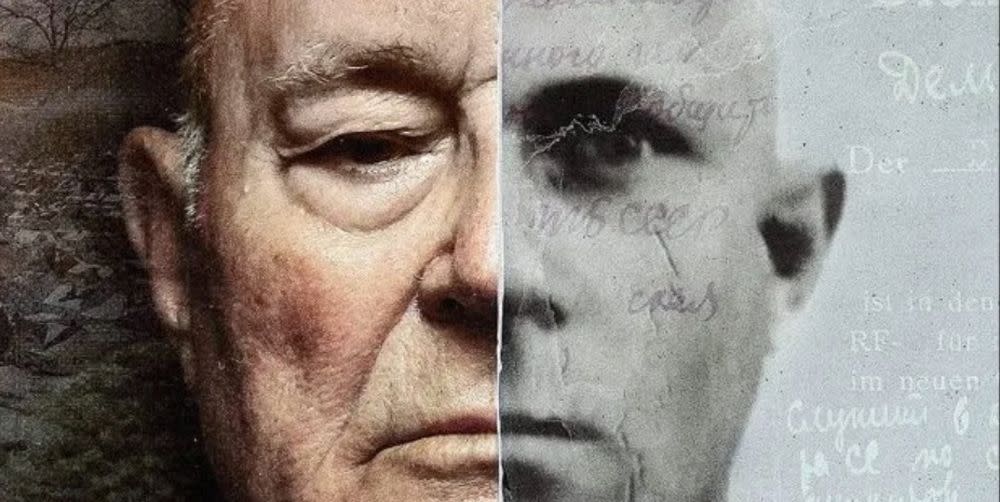
Note: contains descriptions of Nazi war crimes which some may find upsetting.
The Devil Next Door takes the genre of true crime to its highest possible level, tackling one of the most horrific atrocities in human history – the Holocaust.
In what can only be described as a systematic, state-sponsored mass murder, 6 million Jews, 7 million Soviet civilians (including 1.3 million Soviet Jews), 1.8 million Polish civilians and over a quarter of a million Serb civilians were among the many, many victims. Romas, those with disabilities, LGBTQ+ people and political opponents were also targeted and killed en masse.
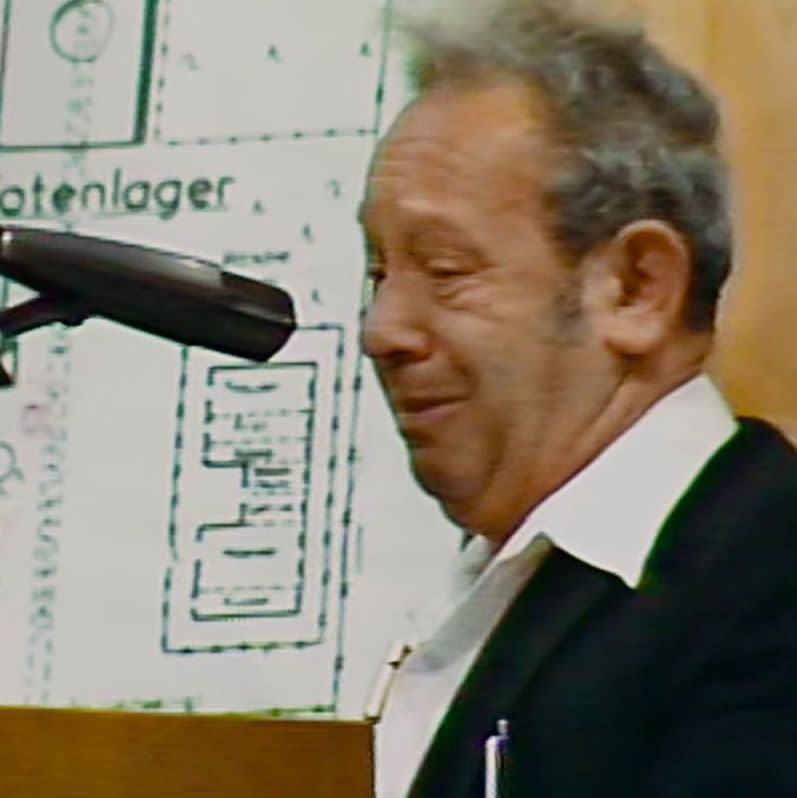
The numbers – estimates pieced together from what documentation there is available, with potential to be far greater – are staggering. Netflix's five-part documentary series gives faces and voices to those that it directly affected, through testimony from survivors.
As poignantly pointed out during the episodes, the window of time to hear these accounts first-hand is closing. As those that were held in Nazi camps reach old age and pass away, it is all the more important to listen so as not to repeat the horrors of history. Particularly, some might argue, in current climates.
With crimes that seem like something out of a nightmare, it's hard to think that the culprits might really be living next door. But this series makes that horrifying fact clearer than ever, and documents the case of a seemingly normal American citizen who was plucked from the suburbs and put on trial for Nazi war crimes.
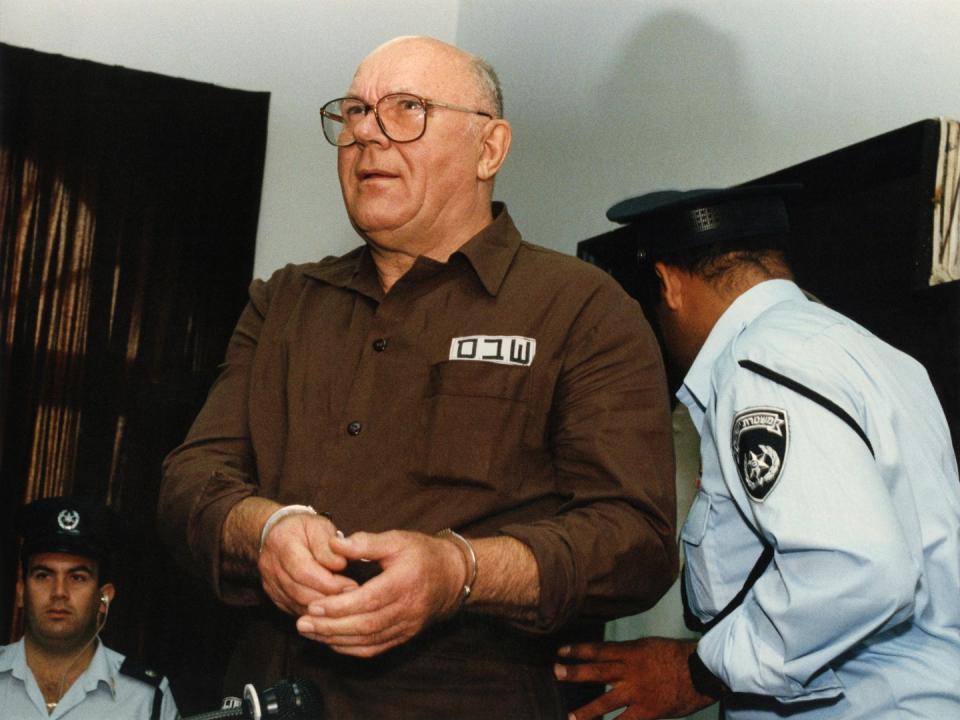
The case of John Demjanjuk (born Ivan Mykolaiovych Demianiuk) captured global audiences first in the late '80s, during his first trial in Israel, and again in the 2000s, when he was brought before judges in Germany.
Demjanjuk always claimed that he had been a Ukrainian prisoner of war in Germany and Poland, and after the war had settled in America with his family. He argued that his links to Nazi activity in the camps were a case of mistaken identity.
He was convicted in 1988 and sentenced to death, when three judges ruled that he was 'Ivan the Terrible' (a notorious gas-chamber guard of Treblinka, who abused and maimed those at the camp as they entered). But this decision was later overturned due to the emergence of new documents that raised reasonable doubt.
Many still have questions as to the evidence that was presented in Demjanjuk's case. It must also be noted, as it was in The Devil Next Door, that he was positively identified by a number of survivors who were actually there and witnessed 'Ivan's actions.
The true identity of Ivan the Terrible has never conclusively been discovered.
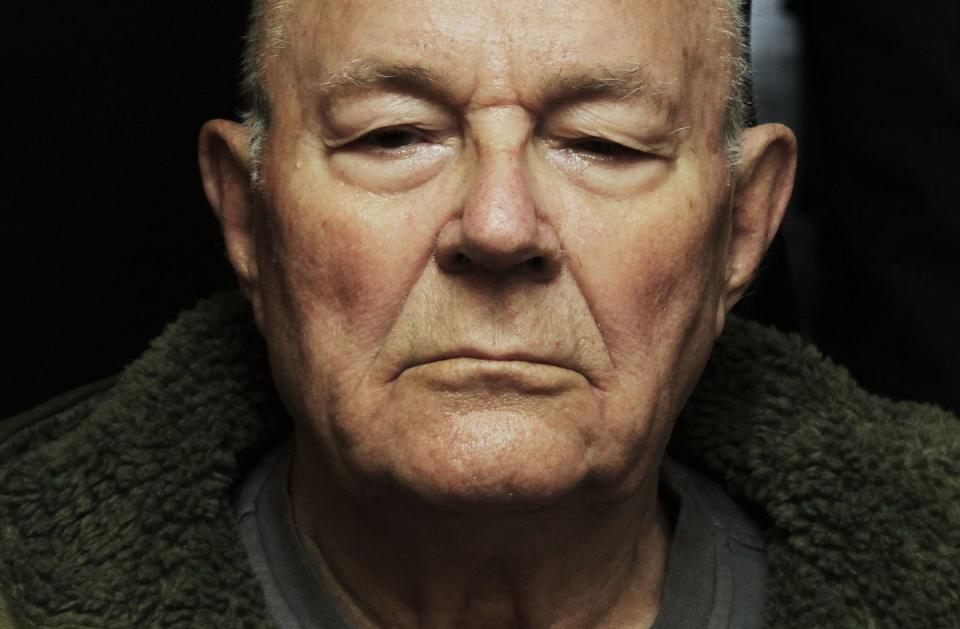
Demjanjuk's US citizenship was reinstated and he returned to the States, where he went back to living his family life.
Eli Rosenbaum was the acting Director of the United States Office of Special Investigations, which was primarily responsible for identifying and deporting Nazi war criminals. He inherited the case when Demjanjuk returned to the country.
"Clearly the documents established that Demjanjuk took part in the mass annihilation process," he said in the final episode of the documentary. Rosenbaum was also of the belief that there was "absolutely no question" that the widely debated ID card was authentic.
"There is direct evidence that John Demjanjuk beat Jews on the way to the gas chambers," he concluded, as well as naming a number of camps at which Demjanjuk had served. Rosenbaum told filmmakers that the US had a "moral obligation to the survivors" to bring him to justice for these war crimes.
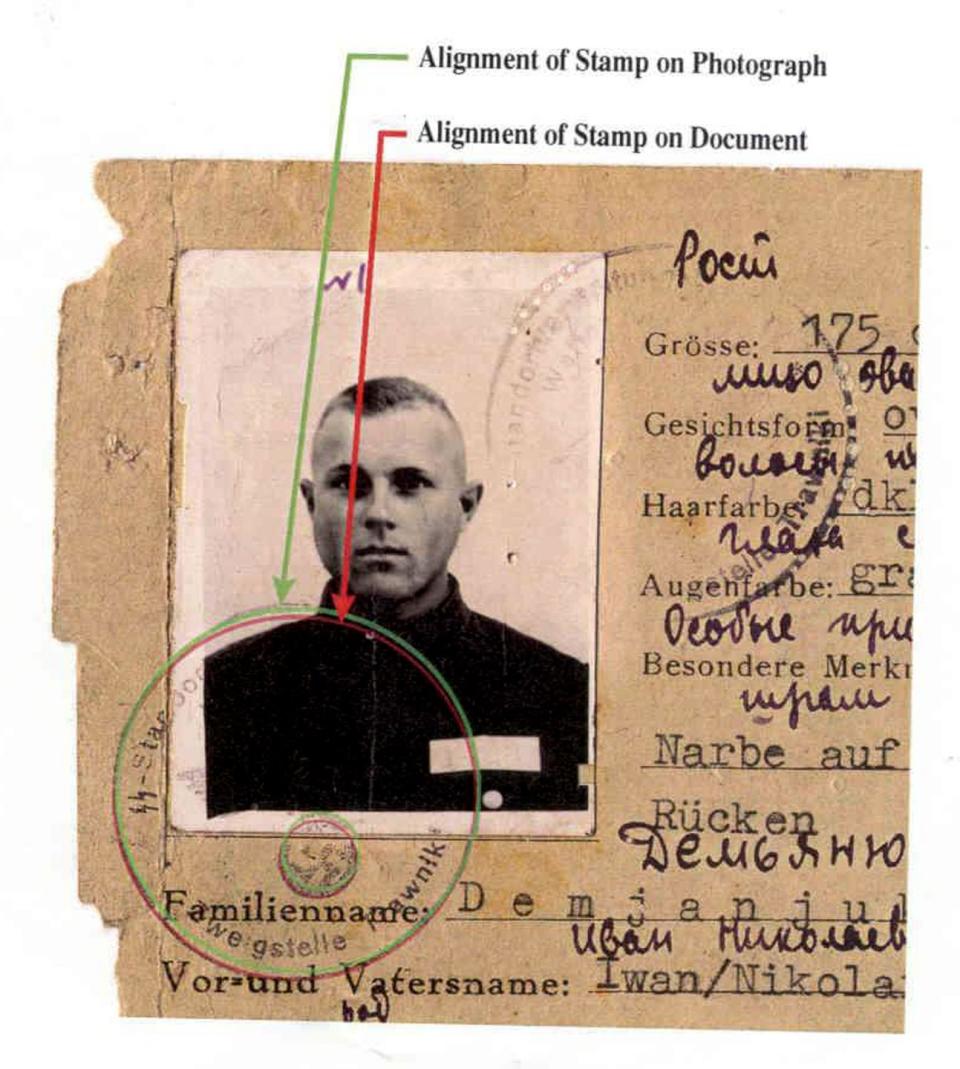
As a result, in 2002, Demjanjuk was stripped of his US citizenship once again. It wasn't until May 2009 that Federal Immigration Agents picked him up from his house in a wheelchair, with a view to deporting him to Germany to stand trial.
Demjanjuk's lawyers tried to stop it, citing medical reasons and claiming that putting him on a plane in his condition would "amount to torture" (according to Rosenbaum). When surveillance footage undermining this was made public, he was ruled against and removed from the country.
In 2011, Demjanjuk was sentenced to five years' imprisonment for his role as an accessory to murder for the deaths of over 28,000 Jews. One year later, in March 2012, he died aged 91 before his appeal could be heard by the courts. According to German law, this meant that his presumption of innocence was still intact and, therefore, he managed to elude a criminal conviction.
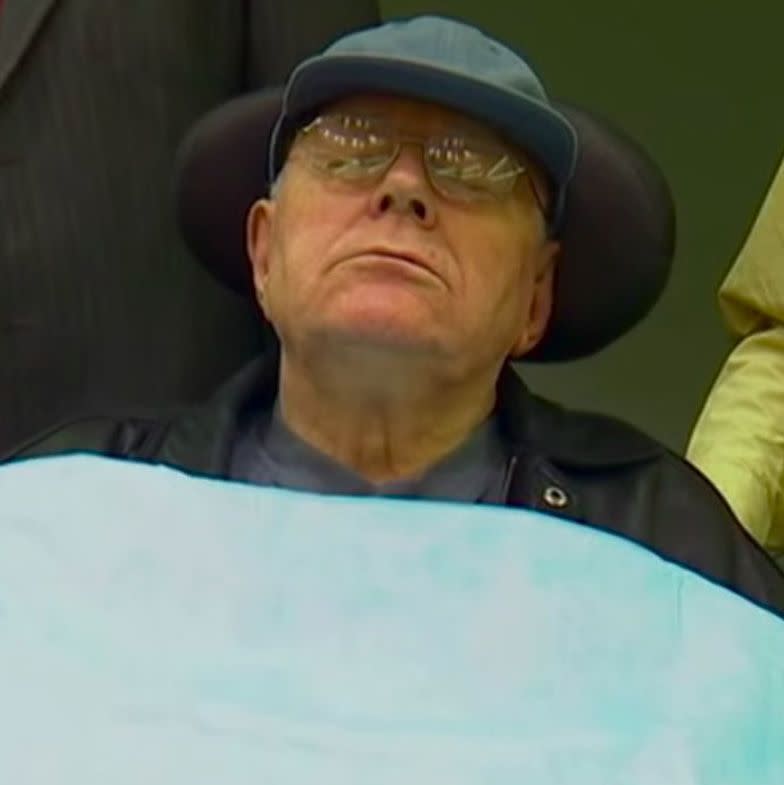
What the documentary didn't touch on, was what happened one month after Demjanjuk's death.
In a 12-page complaint obtained by The Associated Press and published in a news report in 2012, Demjanjuk's attorney Ulrich Busch raised the prospect of possible "foul play" in the death of his client.
Asking prosecutors in Rosenheim to open an investigation to look into five doctors and a nurse, Bush raised suspicion of manslaughter and causing bodily harm to Demjanjuk.
According to AP's original article, Demjanjuk's doctors were unable to determine an exact cause of death from his autopsy but said "there was no indication" of unnatural causes. He had been suffering from a number of medical problems before his death, including a terminal bone-marrow disease, anaemia and chronic kidney disease.
The complaint argued that one of the pain medications used to treat Demjanjuk "was absolutely incorrect and capable of causing the death of the defendant."
However it was noted by AP that this was the one of the most commonly used pain medications in hospitals both in Germany and in many other countries across the world.
In 2012 this investigation was closed. No evidence was found to support claims of negligence or that medical professionals had played any role in the death of John Demjanjuk.
His defence team also put in a request for a federal judge to posthumously restore his US citizenship, something that would have allowed his widow to receive his Social Security benefits. The motion also asked for an oral hearing on the case. The court denied the request.
Fast-forward seven years, and Netflix's The Devil Next Door has reignited widespread interest in the case of John Demjanjuk.
We might not have a definitive answer as to whether or not – in addition to other crimes – he was Ivan the Terrible, but perhaps new information will come to light now that the world is watching once again.
The Devil Next Door is available on Netflix.
Digital Spy is launching a newsletter – sign up to get it sent straight to your inbox.
Want up-to-the-minute entertainment news and features? Just hit 'Like' on our Digital Spy Facebook page and 'Follow' on our @digitalspy Instagram and Twitter accounts.
You Might Also Like

 Yahoo News
Yahoo News 
